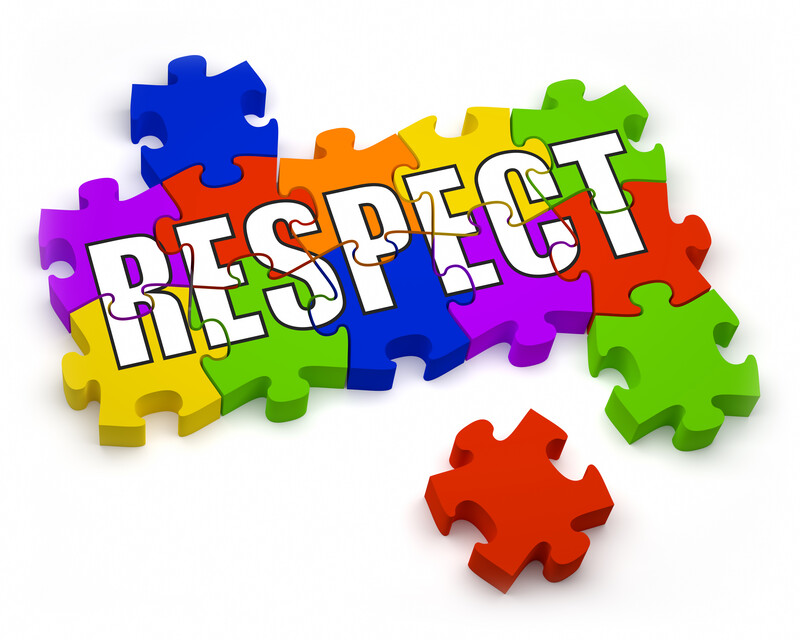 Building a Culture of Respect and Inclusion: The Power of Ground Rules in Meetings
Building a Culture of Respect and Inclusion: The Power of Ground Rules in Meetings
Introduction
Codes of conduct, also known as ground rules and behavioral covenants, play a crucial role in shaping a culture of respect and inclusion within meetings. They encapsulate the best values of an organization, promoting empathy, responsibility, respect, diversity, and inclusivity. Regularly reviewing and committing to these values transforms group behavior, fostering empathy and appreciation for differences.
A Habit of the Heart
Contrary to the belief that ground rules are only for dysfunctional groups, it is wise for even healthy, well-established groups to revisit their rules regularly. Repetition reinforces positive behavior, gradually shifting the organizational culture towards greater respect for all members.
No Scolding
Ground rules are not a mere list of directives; scolding is not the objective. When framed as practices or disciplines, rather than rules, individuals are more likely to sincerely incorporate them into their behavior. Emphasizing the ‘why’ behind each rule makes them more meaningful.
Explain Both Why and What
Effective ground rules articulate both the why and what of expected behavior. For instance, stating, “We will be inclusive of all voices,” is less impactful than, “We will seek the perspectives of all by inviting each person to speak.” The latter not only upholds inclusion but also provides a practical guide on how to achieve it.
Essential for Culturally Diverse Meetings
In culturally diverse settings, ground rules become even more crucial. Participants bring varying assumptions about leadership, communication, and power dynamics. Ground rules help bridge these gaps by establishing clear expectations, ensuring everyone feels heard and respected.
The Problem of Few Talking While Others Remain Silent
The absence of ground rules can lead to imbalances in participation. Without guidelines, dominant voices may overshadow others, leading to a loss of diversity within the group. Ground rules, such as the Respectful Communication Guidelines, can prevent such imbalances.
 Respectful Communication Guidelines:
Respectful Communication Guidelines:
Developed by Eric Law, the Respectful Communication Guidelines, presented in the acronym RESPECT, offer a comprehensive approach to fostering inclusive communication. From taking responsibility for one’s words to trusting in the value of diversity, these guidelines provide a roadmap for respectful interaction.
R = take RESPONSIBILITY for what you say and feel without blaming others.
E = use EMPATHETIC listening.
S = be SENSITIVE to differences in communication styles.
P = PONDER what you hear and feel before you speak.
E = EXAMINE your own assumptions and perceptions.
C = keep CONFIDENTIALITY.
T = stands for TRUST that greater truth comes through diversity.
Conclusion
 Establishing ground rules or covenant agreements is essential for cultivating respectful, fair, and kind behaviors within a group. These principles, derived from the core values of the organization, become ingrained in the fabric of the group, shaping a positive and inclusive culture.
Establishing ground rules or covenant agreements is essential for cultivating respectful, fair, and kind behaviors within a group. These principles, derived from the core values of the organization, become ingrained in the fabric of the group, shaping a positive and inclusive culture.
For more resources on inclusive meeting practices, visit https://civicreinventions.com, email Mark Smutny at mark.smutny@civicreinventions.com and order your copy of the award-winning book, Thrive: The Facilitator’s Guide to Radically Inclusive Meetings, 2nd ed.
© 2024 Dr. Mark Smutny. All rights reserved. No part of this article may be used or reproduced without written permission.
